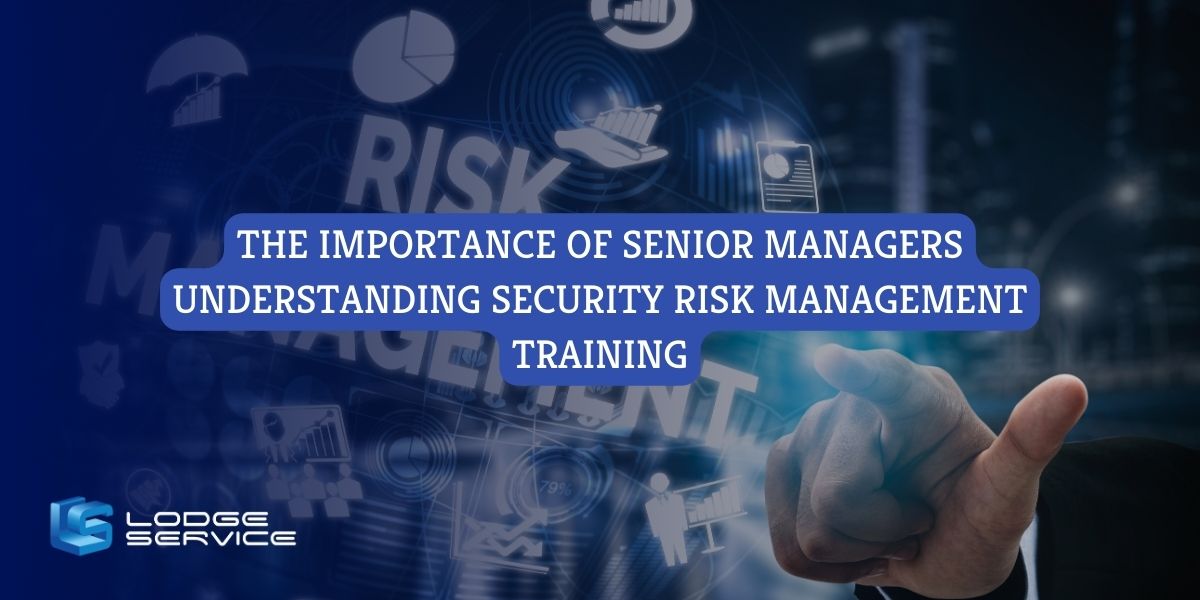The Role and Importance of Risk Management in Ensuring Business Continuity
The Role and Importance of Risk Management in Ensuring Business Continuity
Blog Article
The Significance of Recognizing the Value of Risk Management in Numerous Industries

The Core Idea of Risk Management and Its Objective
Risk Management, the keystone of many markets, hinges on the recognition, examination, and reduction of uncertainties in a business setting. By appropriately recognizing possible dangers, companies can create approaches to either avoid these dangers from occurring or decrease their influence. Once risks have actually been determined and reviewed, the reduction procedure involves devising techniques to decrease their prospective impact.
Benefits of Implementing Risk Management in Business Workflow

Revealing the Role of Risk Management in Different Industries
While every sector faces its distinct collection of threats, the application of Risk why not try these out Management strategies stays a common in their search of sustainability and development. In the health care industry, Risk Management entails making sure client safety and information protection, while in money, it entails mitigating financial investment threats and ensuring regulative compliance. Inevitably, the function of Risk Management across markets is to recognize, analyze, and mitigate threats.
Real-life Study Demonstrating Successful Risk Management
To understand the importance of Risk Management in these many sectors, one can look to numerous real-life instances that show the effective application of these measures. Toyota, upload the 2011 earthquake in Japan, changed its supply chain Management to reduce interruption dangers. These cases demonstrate exactly how markets, learning from dilemmas, properly used Risk Management strategies to minimize future threats.
Future Trends and Growths in Risk Management Approaches
Cybersecurity, as soon as an outer worry, has catapulted to the center of Risk Management, with methods focusing on avoidance, detection, and action. The assimilation of ESG (Environmental, Learn More Here Social, Administration) factors right into Risk Management is one more growing pattern, mirroring the enhancing acknowledgment of the function that social and ecological threats play in company sustainability. Hence, the future of Risk Management exists in the fusion of innovative modern technology, cutting-edge techniques, and an all natural technique.
Verdict
Finally, recognizing the value of Risk Management across a range of sectors is vital for their durability and prosperity. Tailored methods can help mitigate possible threats, guard possessions, and foster stakeholder trust fund. Additionally, aggressive decision-making help in governing compliance and enhances source use. Eventually, effective Risk Management adds to extra lasting and resilient organizations, highlighting the importance of this method in today's very competitive and dynamic service environment.
While every market confronts its special set of risks, the execution of Risk Management approaches continues to be a common denominator in their search of sustainability and development. In the healthcare market, Risk Management requires making sure individual safety and information security, while in financing, it includes mitigating investment dangers and guaranteeing regulative compliance. Inevitably, the role of Risk Management across industries is to determine, examine, and reduce risks. These situations show how industries, discovering from crises, properly applied Risk Management methods to reduce future threats.

Report this page